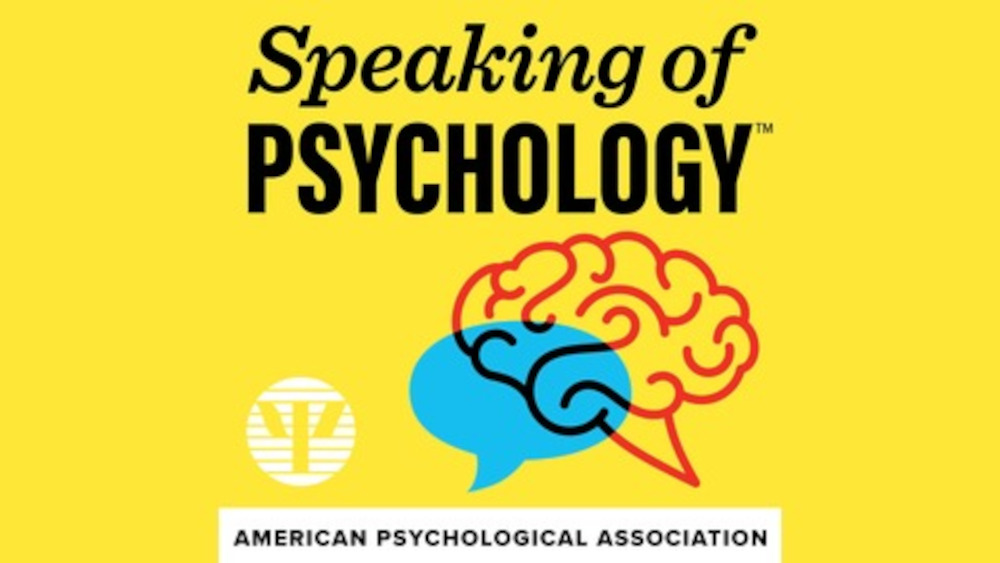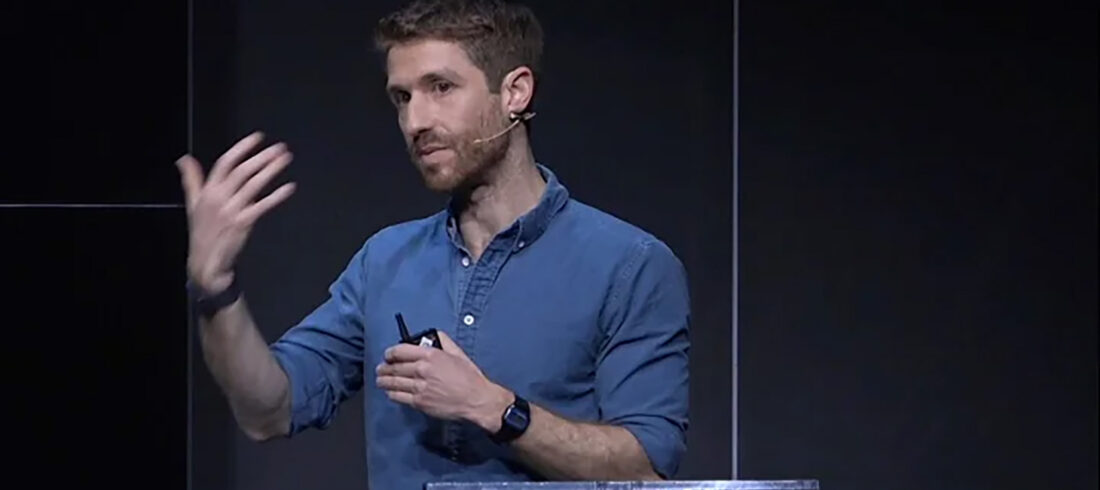In a world that thrives on productivity and constant busyness, taking regular vacations might seem like a luxury. However, research suggests that vacations are not just a frivolous indulgence but a vital component of maintaining our mental well-being and enhancing productivity. On episode 244 of the Speaking of Psychology podcast, Kim I. Mills interviews Jessica de Bloom, Ph.D., and Sarah Pressman, Ph.D., and delves into the transformative effects of vacations, highlighting the positive impact they have on our mental health, work performance, and overall satisfaction with life. You can listen to the full episode below.

https://www.apa.org/news/podcasts/speaking-of-psychology/vacation
The Mental Health Benefits of Vacation
Research consistently demonstrates that vacations play a pivotal role in promoting mental well-being. Taking time away from work and daily routines allows our brains to unwind, recharge, and recover from stress. Vacations provide an opportunity for relaxation, reducing levels of anxiety and depression while improving overall mood. Engaging in pleasurable activities during vacations stimulates the release of feel-good neurotransmitters like serotonin and dopamine, enhancing our emotional state. Additionally, vacations have been linked to decreased burnout and improved sleep patterns, enabling individuals to return to their daily lives with renewed energy and a greater sense of mental resilience.
Boosting Work Performance and Creativity
Contrary to common belief, vacations are not counterproductive but instead have a positive impact on work performance. Stepping away from work allows our minds to detach from everyday responsibilities, promoting mental clarity and creativity upon return. Studies have shown that individuals who take regular vacations are more productive, innovative, and experience higher job satisfaction compared to those who do not. By taking time off, we can gain a fresh perspective, problem-solve more effectively, and tap into our creative reserves. Vacations also foster a sense of work-life balance, leading to increased job engagement and reduced workplace stress.
The Importance of Vacation Length and Planning
The duration and planning of vacations are key factors in maximizing their benefits. Research suggests that longer vacations yield greater well-being benefits, as it takes time for our minds and bodies to unwind and disconnect fully. However, even shorter breaks can provide a significant boost to mental health and work performance. Moreover, actively planning and anticipating vacations can amplify their positive effects. The anticipation of a vacation enhances happiness and well-being, often rivaling the joy experienced during the actual trip. By consciously setting aside time for vacation and ensuring adequate planning, we can optimize the transformative impact of these breaks.
Making Vacation a Priority
In our fast-paced world, prioritizing vacations may require a shift in mindset and a reevaluation of our values. Recognizing that vacations are not mere indulgences but crucial investments in our overall well-being can help us overcome the guilt or perceived barriers associated with taking time off. Creating a culture that values and supports vacations, both at the individual and organizational level can have far-reaching benefits. By fostering a vacation-friendly environment that encourages work-life balance and recognizes the importance of rest, we can enhance mental health, increase productivity, and ultimately lead more fulfilling lives.
Closing Thoughts
Vacations are not just an escape from reality but a vital component of our mental well-being and productivity. The mental health benefits of vacations are significant, offering relaxation, reduced stress, improved mood, and enhanced resilience. Furthermore, taking regular breaks from work boosts creativity, job satisfaction, and overall work performance. By prioritizing vacation time, actively planning, and recognizing their transformative effects, we can create a healthier, more fulfilling work-life balance. So, let’s embrace the power of vacations and nurture our mental well-being while unlocking our true potential.





